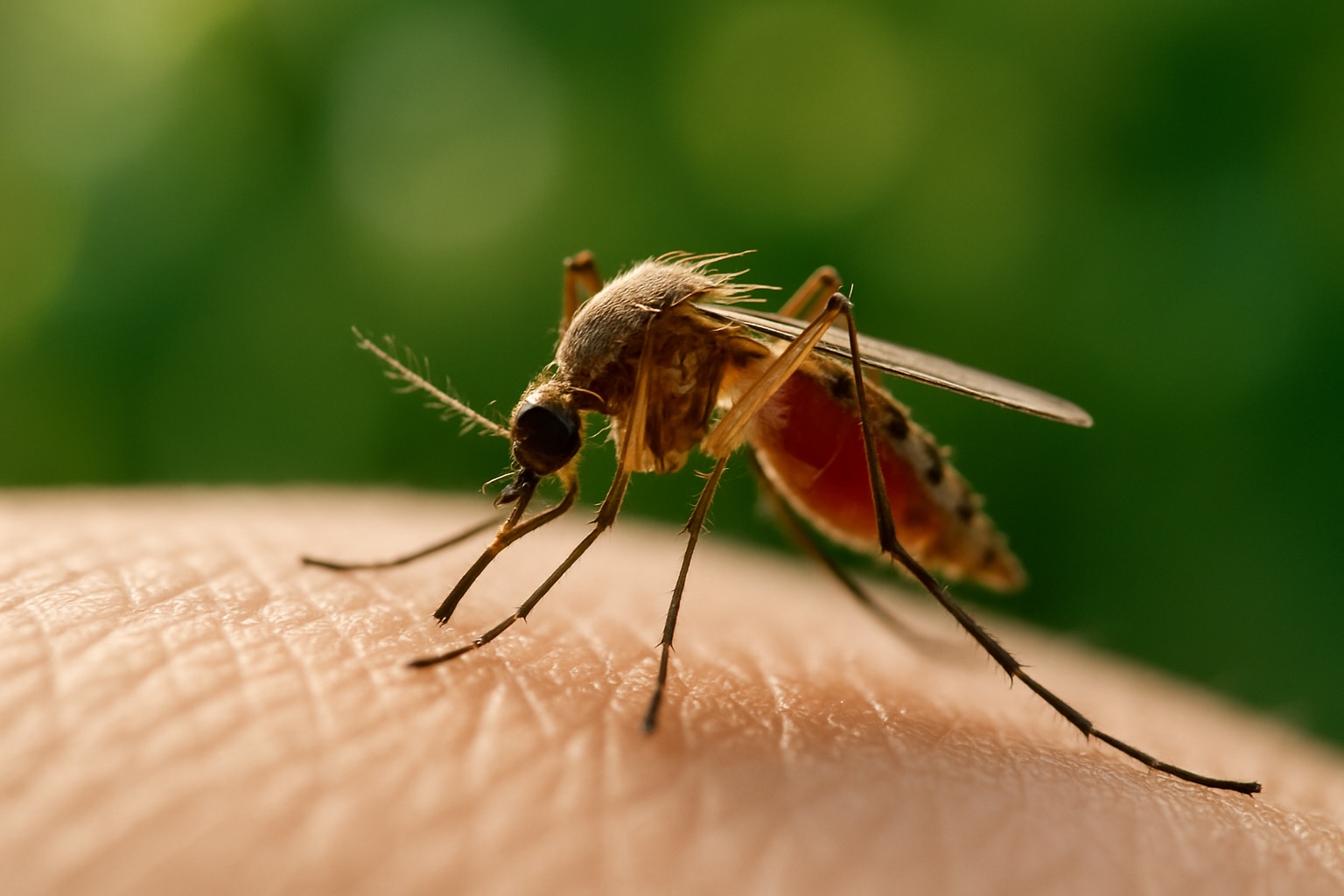
Mosquitoes are more than just a backyard nuisance for Atlanta residents—they’re a real threat to outdoor enjoyment and health. With warm temperatures, frequent rainfall, and plenty of standing water sources, Atlanta yards can quickly become mosquito breeding grounds if left unchecked.
This guide will walk you through practical steps to control mosquitoes naturally and effectively, so you can protect your family and reclaim your outdoor spaces this spring and summer.
Why Mosquitoes Thrive in Atlanta
- Warm, humid climate: Atlanta’s long summers and plentiful rain create the perfect environment for mosquitoes to breed rapidly.
- Abundant water sources: Rain barrels, clogged gutters, bird baths, and low-lying areas easily collect standing water.
- Shady landscaping: Dense trees, overgrown shrubs, and moist lawns offer ideal daytime resting spots for adult mosquitoes.
How to Reduce Mosquito Breeding Grounds
Eliminating standing water is the first and most important step:
- Empty and scrub bird baths weekly to remove mosquito eggs.
- Dump out saucers under potted plants after rainfall.
- Clean clogged gutters at least twice per season to prevent stagnant water buildup.
- Cover rain barrels with fine mesh screens to block mosquitoes from laying eggs inside.
- Fill low areas of the yard with soil or install French drains to prevent puddling.
Landscaping Tips to Deter Mosquitoes
Smart landscaping choices can make your yard less appealing to mosquitoes:
- Trim back dense shrubbery and maintain airflow through the yard.
- Mow grass regularly to reduce humidity near the ground.
- Plant natural mosquito repellents like lavender, citronella grass, marigolds, and basil near patios and seating areas.
Natural Mosquito Control Methods
If you want to minimize chemical treatments, several eco-friendly methods can help:
- Introduce mosquito predators: Dragonflies, bats, and some fish species (like mosquito fish) naturally keep populations down.
- Install outdoor fans: Mosquitoes are weak flyers and strong airflow can keep them away from patios and decks.
- Apply organic larvicides like Bti (Bacillus thuringiensis israelensis) to standing water that can’t be removed, such as rain gardens.
Choosing Safe Mosquito Treatments for Atlanta Yards
When natural options aren’t enough, use targeted treatments carefully:
- Use barrier sprays sparingly: Choose EPA-registered products labeled safe for gardens and pollinators.
- Apply treatments during low-wind conditions: Early morning or late evening applications minimize drift to non-target plants and insects.
- Prioritize spot treatments: Target heavily shaded and moist areas rather than spraying the entire yard.
Protecting Yourself Outdoors
While you work to manage mosquitoes in the yard, protect yourself personally too:
- Wear light-colored, long-sleeved clothing when spending time outdoors.
- Apply EPA-approved repellents containing DEET, Picaridin, or Oil of Lemon Eucalyptus before heading outside.
- Install screens on patios and porches to create mosquito-free zones for outdoor living.
External Resources for Atlanta Mosquito Management
Internal Resources You May Also Like
Final Thoughts
Atlanta’s spring and summer seasons should be spent enjoying your backyard, not fighting off mosquitoes. By taking a proactive, multi-step approach, you can dramatically reduce mosquito populations around your home while protecting your family naturally. Start with eliminating standing water, smart planting, and safe treatments—and you’ll be well on your way to a bite-free yard this season.

